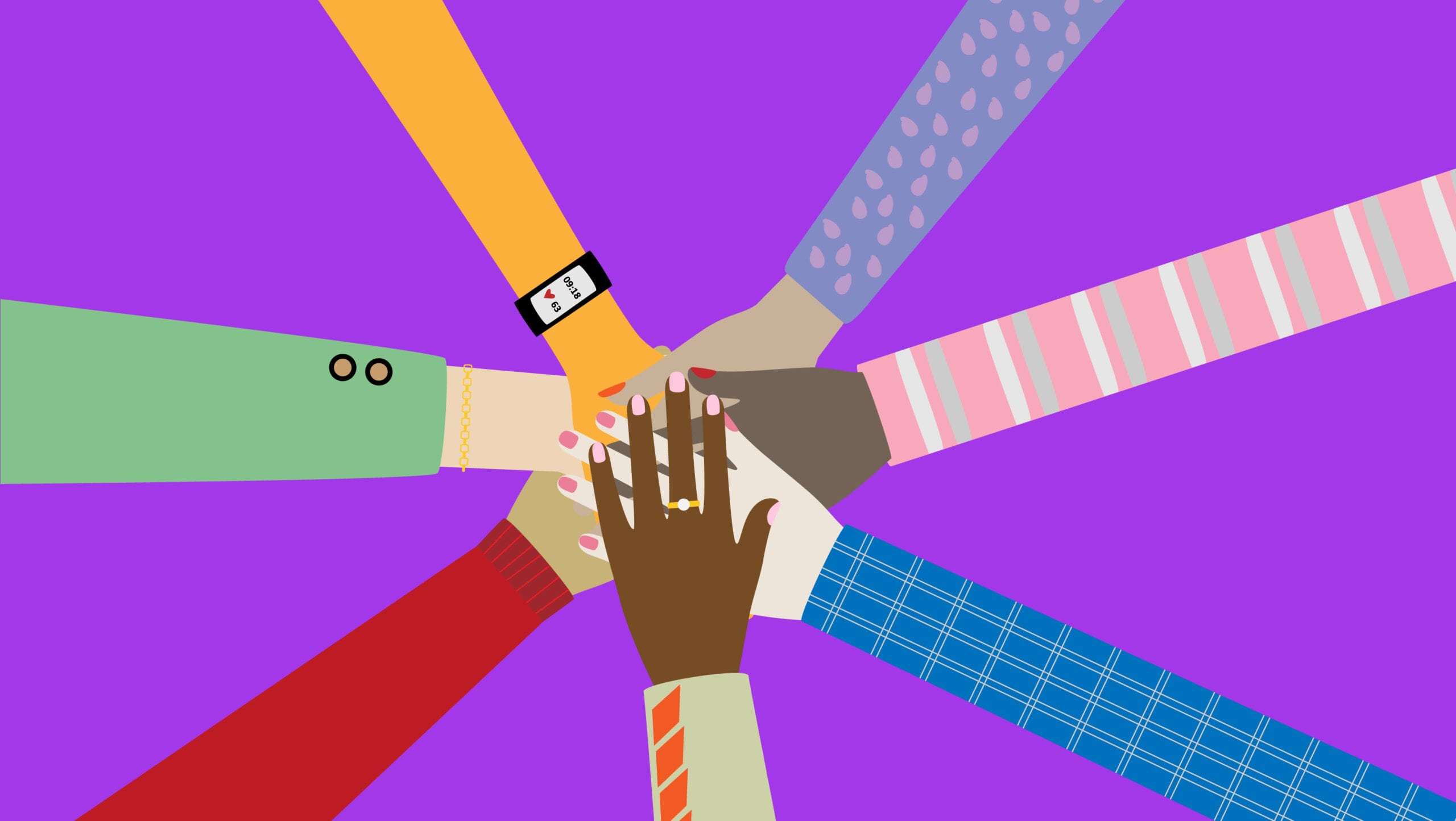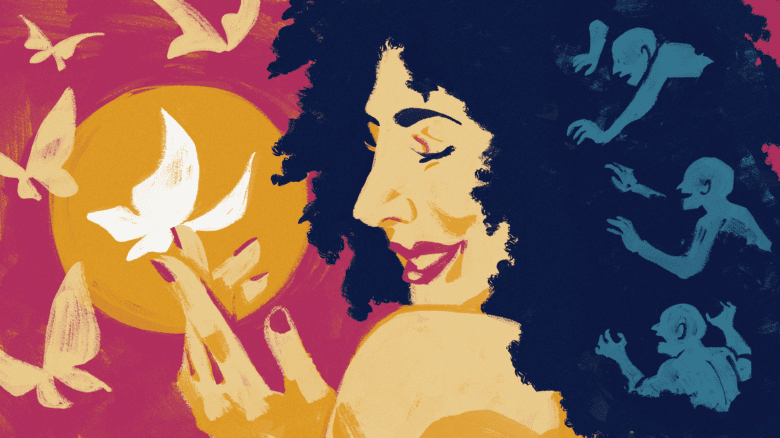I was sexually assaulted recently. In fact, I’ve been sexually assaulted three times since I transitioned, a reality of the sexual violence that many trans women face. Our precarity in society, as well as the hypersexualized representations of our bodies, create conditions of unique vulnerability to sexual violence.
Sometimes it feels as if people don’t care about what happens to trans women. I didn’t feel like I could say anything publicly about being assaulted because I knew that few would care. I couldn’t even say anything to the man who raped me. I have to hold the hurt of what happened inside my body like I have to hold all of the other daily hurt that comes my way. Our deaths are often the only times we are discussed in the media and other public spaces. It feels as though there’s no justice for a girl like me.
When I was assaulted, I immediately messaged three of my closest friends, the only people I trust in times of crisis. They are fellow trans women who have also experienced sexual violence. Cisgender people and even other trans people rarely understand the realities I face in daily life. Even when they know, they almost never show up to support me when I need it. No one is willing to inconvenience themselves for me but other trans women. They understand what I live with because they live with it, too. In my experience, it’s always been other trans women who nurse my hurts and listen to me when I cry.
The day after I was assaulted, one of my trans sisters came over and slept with me through the night, gently wrapping her arms around me as I lay in bed. Another of my trans sisters called me from Halifax and talked me through what happened in detail. Their love kept me together as I navigated the emotional fallout from the assault, and during the time I organized a protest of the Toronto Public Library’s decision to host anti-trans speaker Meghan Murphy while being attacked online by trans-exclusionary radical feminists who told me I didn’t understand the sexual violence that women face.
Throughout my transition, trans women have been the ones who kept me alive. They bought me dinner and visited me in the clinic after my surgery. They taught me about makeup and took me dress shopping. Sometimes, when everything felt so hopeless that I wanted to die, these women sat with me and told me to keep on living because they needed me in their lives. I fight for trans rights because of them. It’s my small way of returning the love that has meant the difference between death and life for me.
But I want to focus on something more than the violence we face—because even when we’re facing harm, trans women are always more than our pain. Instead, I want to celebrate trans sisterhood because it’s Trans Day of Remembrance (TDoR), an annual event that honours those who have been murdered because of transphobic violence. Some trans folks have rebranded it as “Trans day of Resilience” in order to celebrate the tremendous beauty and power of trans folks. For me, I find TDoR difficult because I see many people make posts on social media about it without ever actually making a difference in trans women’s lives.
Like all of the ways that people—trans and cis—relate to trans women’s daily realities, celebrations of TDoR often feel hollow to me because they aren’t followed by real action. Trans women need the people in their lives to take action to support our daily lives, not just empty gestures in public to look tolerant or perform allyship. Those gestures are things that other trans women do for me constantly—showing up when I need someone to be with me, spending time with me, holding me when I’m scared, taking me to doctor appointments and sometimes sending me money when I can’t pay rent.
Other trans women fill the gaps in my life that a partner or family would fill. They act as sisters because I don’t have sisters anymore. They take on aspects of what partners usually do because no one will publicly date me. They are a network of care that makes my life possible, and I want to celebrate our living, not our death—and celebrating trans women while we’re living is necessary.
Trans sisterhood isn’t perfect. We fight sometimes over politics or envy. We hurt each other deeply because we know exactly where the weak points are in each other’s armour. Our love can feel dangerous because hurting each other can mean losing our closest allies. Some people like to pit trans women against each other, choosing the good trans women and the bad trans women to best suit their interests.
Still, trans sisterhood is how we survive, invisible to cis society unless we’re dying or protesting. And celebrating trans women as nurturers and community builders is important. Showcasing our connections to each other and other LGBTQ2 folks is part of rehumanizing us. It often seems like trans women only exist to suffer and be brave, or if we’re one of the “bad” trans women, punished and humiliated in public for entertainment. I want more for myself than simply being honoured after I’ve died. I want my fellow trans sisters to live long and happy lives beside me. I want a break from the media’s fascination with our bodies.
I’m tired. I didn’t want to explore the conditions of trans women’s lives that place us into vulnerable situations. I want to focus on something more than the violence we face, because even when we’re facing harm, trans women are always more than our pain.
Trans women give me life again, lift me up when I can’t go on, and push me to become a better person. In joy and sorrow, they’re everything to me. And I want to honour them—not for their deaths or their bravery, but for the love they make through their living.
When another trans woman and I get together, we spend most of our time laughing. Even when it’s about hard and horrible things, we still make joy around us. I love watching other trans women laugh. Their voices sound like home.

 Why you can trust Xtra
Why you can trust Xtra


